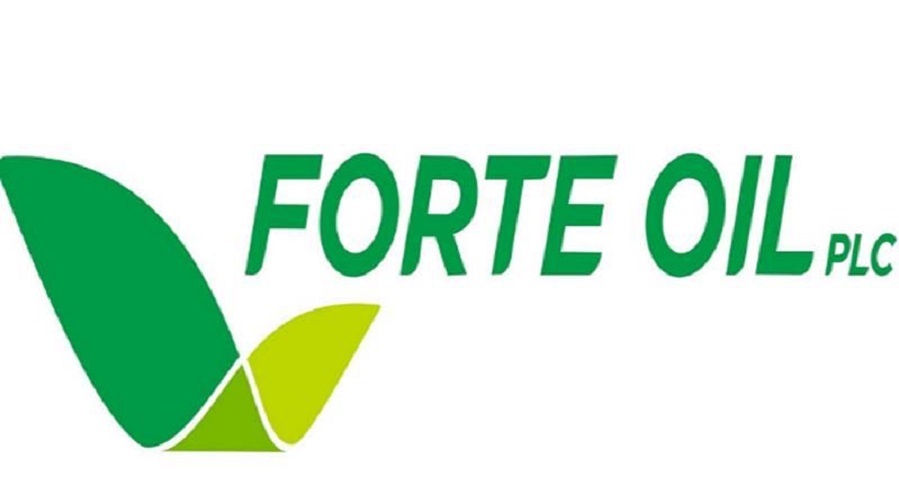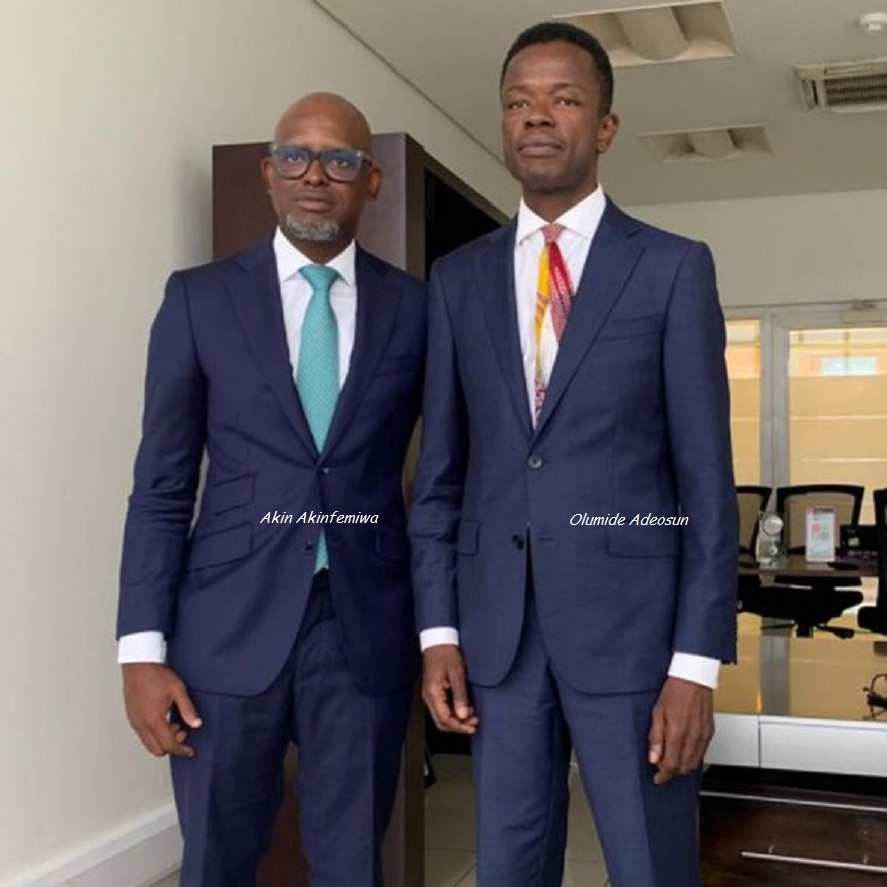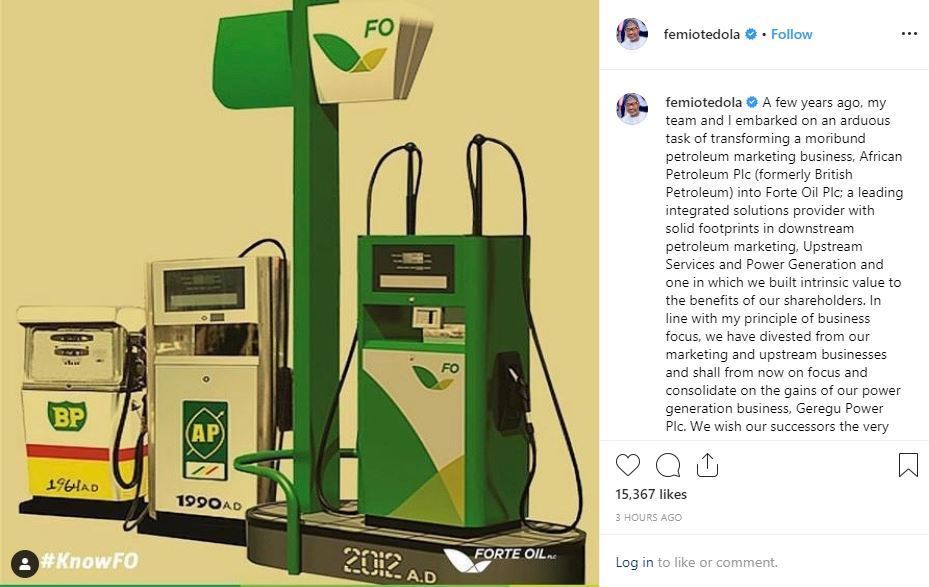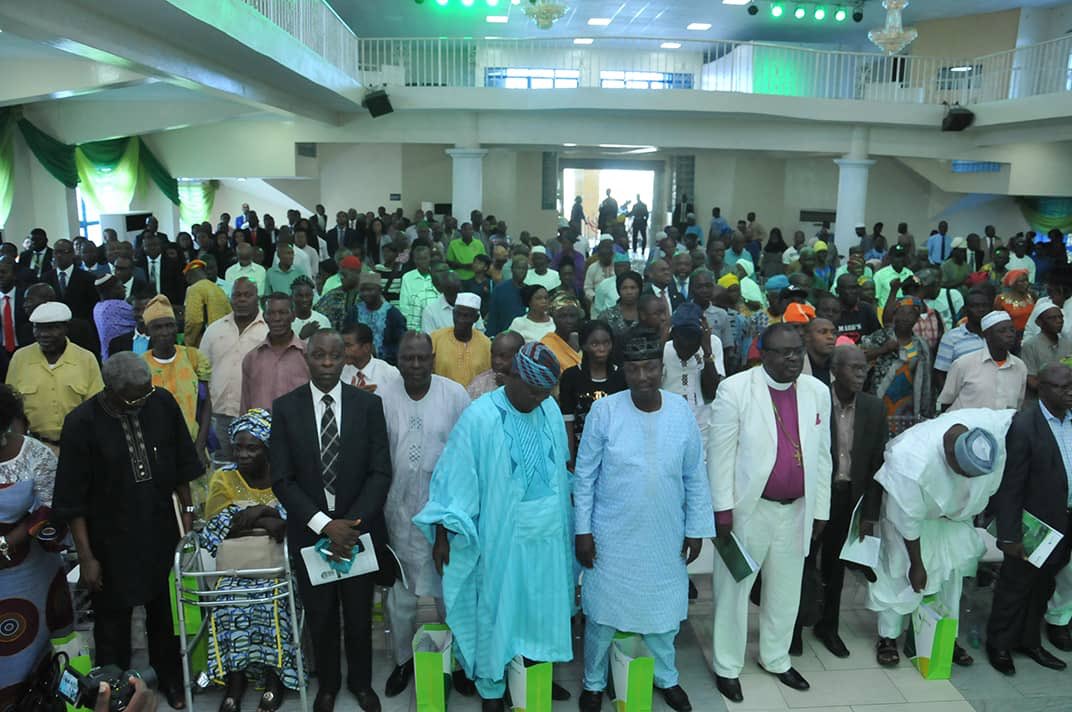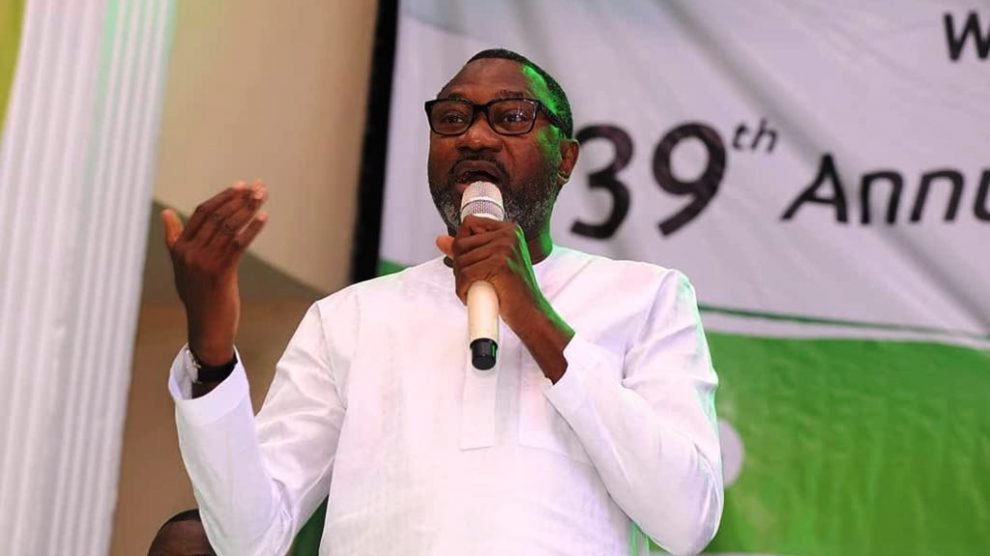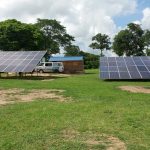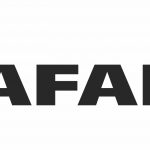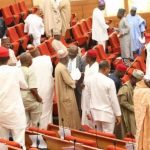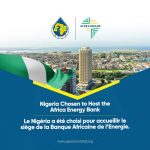Economy
Higher Charges, Tax Rates Dent Forte Oil FY 16 Results
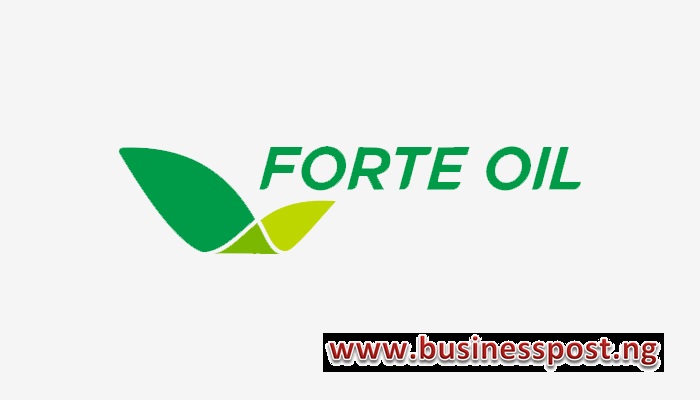
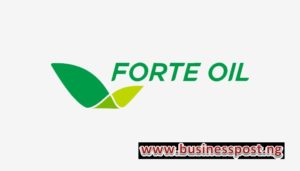
By Modupe Gbadeyanka
A new report released by ARM Securities on Tuesday, February 21, 2017, has revealed that higher finance charges and tax rates had a dent on the 2016 financial year results of Forte Oil.
This is in contrast to the “stellar 2016 performances” recorded by “sector peers” of the Femi Otedola-led company.
In the report titled ‘Forte Oil Plc: Highly Inflammable?’ it was disclosed that Forte Oil’s audited 2016 financial results “showed underlying earnings weakness which reflected pressures from financing and the taxman.
“On the former, finance charges jumped following Naira depreciation as Forte Oil booked losses on forex loans related to its Geregu power plant ($10million).”
“Further down, FO reported higher effective tax rate in FY 16 (45.9%) which largely drove earnings lower by about half.
“According to management, the steep jump in tax rate was a fallout of differences between the tax provision in 2015, when FO paid record low effective tax rate of 17.4 percent, and actual tax paid per provision of CITA which was charged to the income statement in Q3 of 2016,” the report said.
Also, the ARM Securities report pointed out that earnings of the firm “halved from 2015 levels and FO did not declare a dividend.”
“In response, the stock was heavily sold off (-29.9% YTD, -81.1% over 52-week),” the report said, noting that “current valuations, combined with our upwardly adjusted earnings forecast, underpin our rating upgrade to a NEUTRAL (from SELL).
ARM Securities explained that, “Specifically, our rating reflects the potential upside in the LPG and lubricants segments, hinged on higher prices and volumes, gross margin recovery in its Power business as well as tax rate normalization.”
“Pertinently, we expect to see weighty YoY upside in Q1 2017. We particularly like FO’s market positioning—closest rival to market leader, Total—in key petroleum products and the high margin lubricants market, which will be supportive for earnings.
“Elsewhere, we forecast a 100bps market share gain from inorganic growth. Nonetheless, our view on input cost pressures and PMS volume contraction—which drove underlying weakness in FY 16 numbers—guides our tempered optimism on earnings for 2017,” it said.
For the full report, visit ARM Securities Limited
“All rights reserved. This publication or any portion thereof may not be reproduced or used in any manner whatsoever without the express written permission of ARM Securities Limited.”
Economy
Lafarge to Expand Sagamu, Ashaka Cement Plants to 5.5MT Per Annum
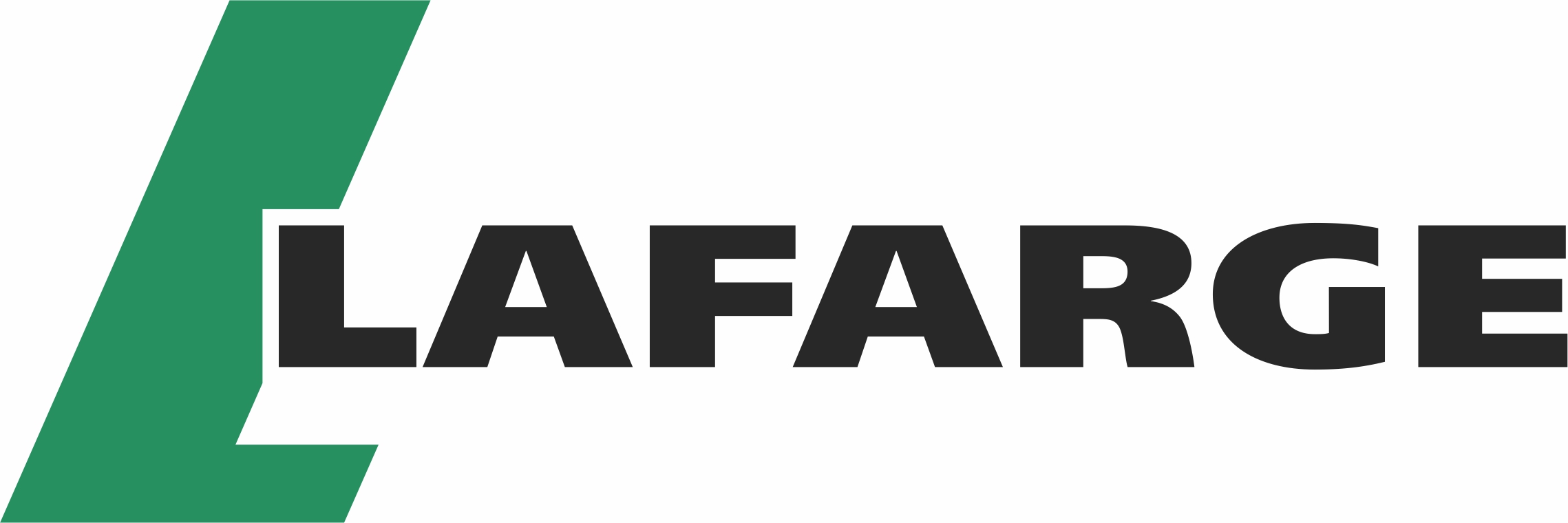
By Aduragbemi Omiyale
One of the leading cement firms, Lafarge Africa Plc, has confirmed plans to expand its plants in Gombe and Ogun States to about 5.5 million metric tonnes per annum.
In a notice to the Nigerian Exchange (NGX) on Wednesday, the company said it was strengthening local cement production with the expansion of its Sagamu Cement Plant in Ogun State and Ashaka Cement Plant in Gombe State.
It noted that the upon completion of the expansion projects, the production capacity of the Ashaka Cement in Gombe State would rise to 2 MT per annum, while the Sagamu facility would increase to 3.5 MT per annum.
The two new plants, the statement disclosed, would be dry plants with preheater kilns, vertical raw mills and roller presses for cement mills to make them energy efficient.
The disclosure signed by the company secretary, Adewunmi Alode, further revealed that the plants are expected to improve product availability and enhance Lafarge Africa’s ability to serve customers efficiently across key markets.
This expansion is coming after the announcement made last year that Huaxin Building Materials Group’s had acquired 83.81 per cent of Lafarge Africa and demonstrates their commitment to Nigeria’s infrastructural development.
The chief executive of Lafarge Africa, Mr Lolu Alade-Akinyemi, stated that the expansion projects reflect the company’s long-term confidence in Nigeria’s growth potential and are aimed at supporting Nigeria’s infrastructure and construction needs.
He explained that the project goes beyond capacity growth to deliver operational and sustainability benefits but also supports value creation for our customers and shareholders while contributing to economic activity and job creation across our host communities and the wider construction ecosystem.
“The expansion of our plants is a strategic investment that reinforces Lafarge Africa’s role in supporting national development. By increasing capacity at our flagship plants, we are strengthening our supply chain, improving our responsiveness to market demand, and positioning the business to better support critical sectors such as housing, commercial construction, and infrastructure.
“It enables us to integrate modern production technologies that enhance efficiency, reliability, and environmental performance, in line with our commitment to responsible operations,” Mr Alade-Akinyemi, stated.
Economy
Aradel Grows FY 2025 Profit by 55% on Higher Earnings Contribution

By Aduragbemi Omiyale
Improved tax efficiency and higher earnings contribution supported the 55 per cent growth in the post-tax profit of Aradel Holdings Plc in the 2025 fiscal year.
The financial statements of the energy firm showed that the profit after tax stood at N401.2 billion in the period under review compared with the N259.1 billion recorded in the 2024 accounting year.
Analysis of the results revealed that the company delivered strong top-line growth, with total revenue up by 20 per cent year-on-year to N697.3 billion from N581.2 billion, due to sustained momentum across all business segments.
It was observed that earnings from crude oil exports grew by 18 per cent to N440.1 billion from N373.7 billion, supported by higher production volumes and reliable evacuation through both the TNP and ACE system.
Also, crude sales rose to 4.1mmbbls from the 3.1mmbbls recorded in the previous fiscal year, accounting for 63 per cent of the total revenue despite decline in realised crude oil prices.
Further, refined products revenues increased by 18 per cent to N210.8 billion from N179.3 billion, representing 30 per cent of total revenue, driven by a 26 per cent rise in sales volume to 302.9 mmltrs versus 240.5 mmltrs in FY 2024, demonstrating the organisation’s expanding downstream footprint and strong market penetration.
In addition, gas revenues increased by 65 per cent to N46.4 billion from N28.2 billion, indicating 7 per cent of total revenue, buoyed by higher production volumes despite a decline in realised gas prices to $1.52/mscf compared to $1.66/mscf in FY 2024.
“Aradel delivered a strong and resilient performance in 2025, reflecting the quality of our asset base, disciplined execution, and the inherent resilience of our diversified energy portfolio.
“Despite operating in a dynamic environment, we achieved meaningful growth across our upstream, gas, and refining businesses,” the chief executive of Aradel Holdings, Mr Adegbite Falade, stated.
“During the year, we advanced our acquisition-led growth strategy with the completion of two landmark transactions: the acquisition of a 33.3 per cent effective equity interest (comprising 12.5 per cent directly by Aradel Energy; and 20.8 per cent indirectly through ND Western Limited) in Renaissance Africa Energy Company Limited, operator of the Renaissance Joint Venture (formerly known as the SPDC Joint Venture), and the purchase of an additional 40 per cent equity interest in ND Western Limited,” he added.
“The acquisition of the additional interest in ND Western Limited represents a significant milestone for the group. It is fully aligned with Aradel’s long-term strategy of disciplined portfolio consolidation, asset base expansion, and sustainable value creation, and it further strengthens our strategic position within Nigeria’s upstream oil and gas sector. The completion of the NDW transaction increases Aradel’s effective interest in ND Western Limited to 81.67 per cent and the Renaissance Africa Energy Company Limited to 53.33 per cent,” Mr Adegbite further stated.
“Looking ahead, our focus in 2026 is on consolidating our expanded portfolio to enhance operational scale, improve efficiency across our assets, increase production and further diversify our revenue base in support of long-term shareholder value,” he noted.
Economy
Tinubu Seeks World Bank Support to Boost Agriculture, Economic Reforms

By Adedapo Adesanya
President Bola Tinubu has called on the World Bank to support Nigeria’s ongoing economic reforms, with a focus on agriculture, youth employment, and private sector growth.
The president sought this assistance when he received a delegation from the World Bank led by Anna Bjerde, Managing Director of Operations, at the State House, Abuja on Tuesday, noting that the bank’s support will boost his administration’s strategy to strengthen the economy and expand opportunities for Nigerians.
“Since we went into this tunnel of reform, we have our hands on the power and we’re never going to look back. Initially, it was painful and difficult, but those who win are not the ones who give up in difficult times,” Mr Tinubu said.
The president highlighted the importance of mechanization and modernization of agriculture to increase productivity and create opportunities for Nigeria’s large young population.
“We have mechanization centers to help farmers with improved seedings and fertilizers to enhance their programs. The goal is to move farmers from small-scale holders to large cooperatives that can create opportunities for Nigerians,” he explained.
Mr Tinubu also pointed to the petrochemical sector and other domestic industries as areas where the government is working to improve outputs and strengthen local markets. He stressed that reforms are continuous and must be grounded in transparency, accountability, and stability.
“The first reaction to reforms was high inflation, but it has come down dramatically, and the Naira is now stable. We want to help investors operate with ease, reduce bureaucracy, and develop the skills of our people,” he said.
On her part, Ms Anna Bjerde commended the administration for its consistent and steady approach to reforms over the past two years. She highlighted that Nigeria has become a global example of reform implementation, giving confidence to investors and policymakers worldwide.
“The results achieved in the last two years are commendable. Your steady communication of the importance of reforms has given confidence and clarity, and there is no turning back,” Ms Bjerde said.
She emphasized the importance of job creation, particularly for Nigeria’s youth, noting that Africa’s young population is growing rapidly and that SMEs are central to employment generation.
“Agriculture is a huge part of the economy and a major employer. Innovations in mechanization, cooperatives, value-chain development, and infrastructure can be scaled to create more opportunities,” Ms Bjerde said.
She also highlighted the World Bank’s financial support for Nigeria, including public sector financing of $17 billion, private sector support of $5 billion through the International Finance Corporation (IFC), and investment guarantees exceeding $500 million. These instruments are aligned with Nigeria’s reforms, including trade, digital initiatives, and inflation management, to stimulate private sector growth and human development.
“We want to work with Nigeria to accelerate growth, improve access to finance for SMEs, and support early childhood development as part of a comprehensive human development strategy,” she added.
-

 Feature/OPED6 years ago
Feature/OPED6 years agoDavos was Different this year
-
Travel/Tourism9 years ago
Lagos Seals Western Lodge Hotel In Ikorodu
-

 Showbiz3 years ago
Showbiz3 years agoEstranged Lover Releases Videos of Empress Njamah Bathing
-

 Banking8 years ago
Banking8 years agoSort Codes of GTBank Branches in Nigeria
-

 Economy3 years ago
Economy3 years agoSubsidy Removal: CNG at N130 Per Litre Cheaper Than Petrol—IPMAN
-

 Banking3 years ago
Banking3 years agoSort Codes of UBA Branches in Nigeria
-

 Banking3 years ago
Banking3 years agoFirst Bank Announces Planned Downtime
-

 Sports3 years ago
Sports3 years agoHighest Paid Nigerian Footballer – How Much Do Nigerian Footballers Earn




